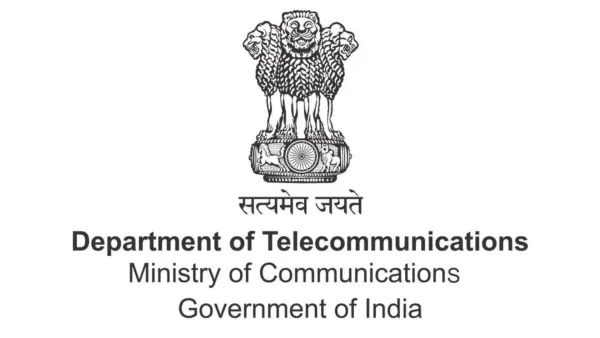
The Centre for Development of Telematics (C-DOT), India’s premier telecom R&D institution under the Department of Telecommunications (DoT), signed a Memorandum of Understanding (MoU) with Synergy Quantum India Private Limited on Monday. The agreement aims to develop drone-based Quantum Key Distribution (QKD) systems to enhance secure communication technologies. The partnership will focus on leveraging the decoy-based BB84 protocol with polarization encoding at Technology Readiness Level (TRL) 6 or above. The Ministry of Communications announced the MoU in an official statement, emphasizing its alignment with the Atmanirbhar Bharat initiative and India’s goal of strengthening indigenous capabilities in secure telecom technologies.
According to the Ministry of Communications, “The MoU aims to formalise cooperation between C-DOT and Synergy Quantum in the development of Drone-based Quantum Key Distribution (QKD) systems, leveraging the decoy-based BB84 protocol with polarisation encoding, at Technology Readiness Level (TRL) 6 or above.”
The statement highlights that this collaboration will support the national vision of building domestic innovation and research expertise. The agreement positions India to explore and advance next-generation quantum-secure communication systems through drone-based platforms.
C-DOT CEO Rajkumar Upadhyay described the collaboration as a strategic move for India’s secure digital future. “The convergence of public R&D and private innovation is essential to shaping a secure and self-reliant digital future for India,” he said. “By combining our research depth with industry agility, we aim to jointly develop solutions that not only address national priorities but also contribute to India’s emergence as a global player in quantum innovation.”
Synergy Quantum India’s Founder and CEO Jay Oberoi echoed the sentiment. “This partnership has the potential to position India as a global leader in drone-based quantum secure communications,” he stated.
The MoU outlines plans for co-creating research proposals for both national and international grant applications. The two organizations will disseminate research outcomes through scholarly publications, white papers, and other technical platforms. Key representatives may also collaborate in delivering expert talks, organizing symposia, conferences, short courses, and meetings on relevant research themes.
In March, the Department of Telecommunications (DoT) launched the 5G Innovation Hackathon 2025, a six-month initiative designed to accelerate the development of innovative 5G-powered solutions. The hackathon aims to address a wide range of industrial and societal challenges by encouraging startups, academic institutions, and industry players to collaborate and create impactful technologies. Through this initiative, the DoT seeks to strengthen India’s 5G ecosystem and promote indigenous innovation in next-generation communication technologies aligned with national development goals.
(With Inputs From ANI)